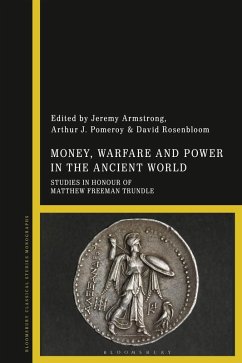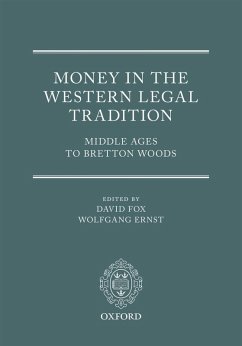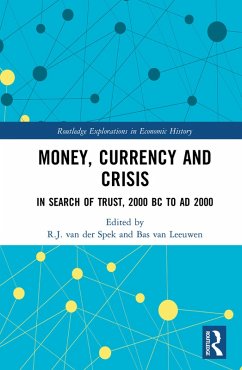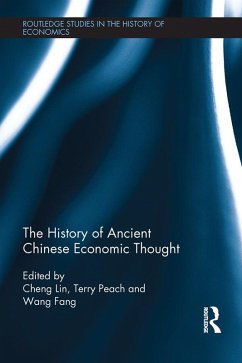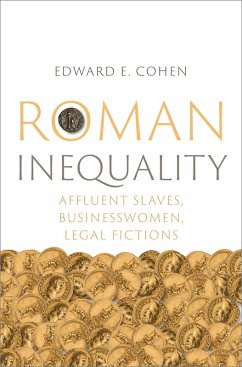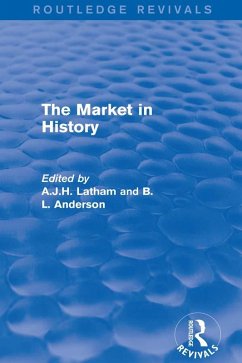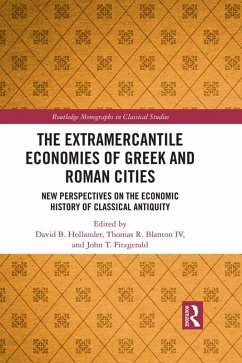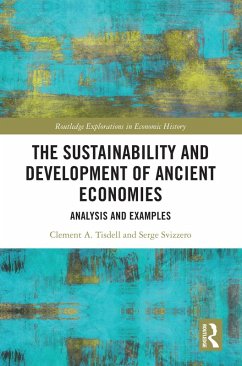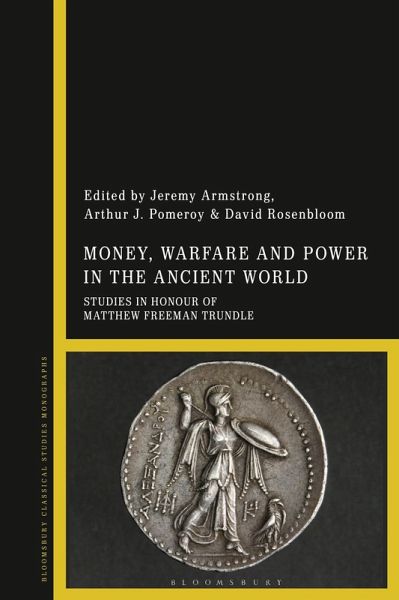
Money, Warfare and Power in the Ancient World (eBook, ePUB)
Studies in Honour of Matthew Freeman Trundle
Redaktion: Armstrong, Jeremy; Rosenbloom, David; Pomeroy, Arthur J.
Versandkostenfrei!
Sofort per Download lieferbar
69,95 €
inkl. MwSt.
Weitere Ausgaben:

PAYBACK Punkte
35 °P sammeln!
Money, Warfare and Power in the Ancient World offers twelve papers analysing the processes, consequences and problems involved in the monetization of warfare and its connection to political power in antiquity. The contributions explore not only how powerful men and states used money and coinage to achieve their aims, but how these aims and methods had often already been shaped by the medium of coined money - typically with unintended consequences. These complex relationships between money, warfare and political power - both personal and collective - are explored across different cultures and s...
Money, Warfare and Power in the Ancient World offers twelve papers analysing the processes, consequences and problems involved in the monetization of warfare and its connection to political power in antiquity. The contributions explore not only how powerful men and states used money and coinage to achieve their aims, but how these aims and methods had often already been shaped by the medium of coined money - typically with unintended consequences. These complex relationships between money, warfare and political power - both personal and collective - are explored across different cultures and socio-political systems around the ancient Mediterranean, ranging from Pharaonic Egypt to Late Antique Europe. This volume is also a tribute to the life and impact of Professor Matthew Trundle, an inspiring teacher and scholar, who was devoted to promoting the discipline of Classics in New Zealand and beyond. At the time of his death, he was writing a book on the wider importance of money in the Greek world. A central piece of this research is incorporated into this volume, completed by one of his former students, Christopher De Lisle. Additionally, Trundle had situated himself at the centre of a wide-ranging conversation on the nature of money and power in antiquity. The contributions of scholars of ancient monetization in this volume bring together many of the threads of those conversions, further advancing a field which Matthew Trundle had worked so tirelessly to promote.




